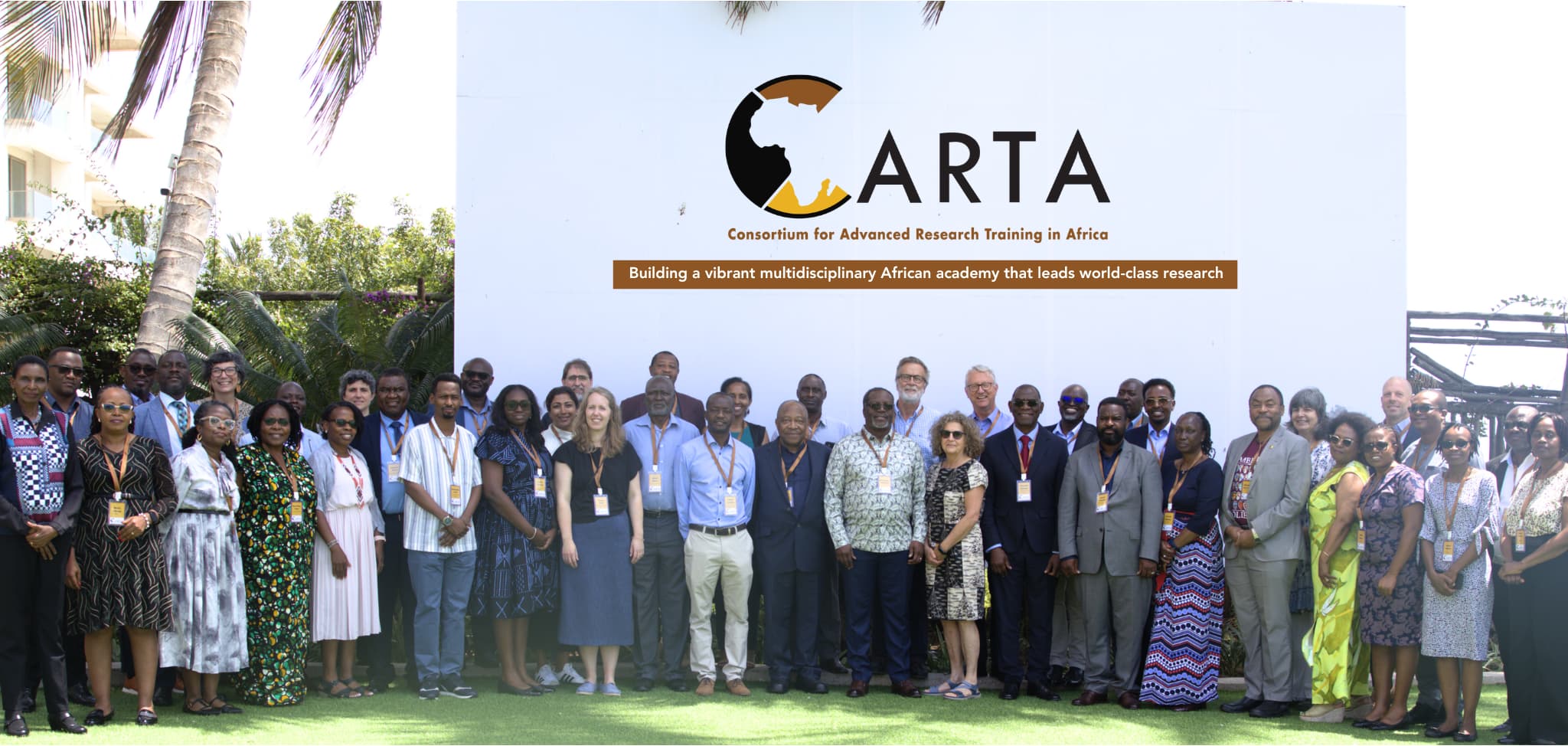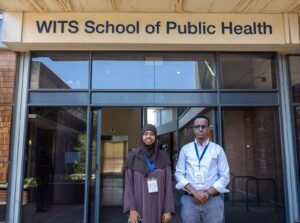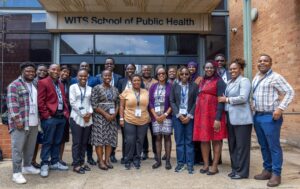CARTA convened a series of high-level events in Dar es Salaam, Tanzania, from September 23 – 26, 2025, hosted by the Ifakara Health Institute (IHI) under the leadership of its Chief Executive Director, Honorati Masanja. In his remarks, Masanja underscored CARTA’s contribution toward a deeper transformation of African research anchored in excellence, independence, and sustainability, a vision echoed throughout the week’s deliberations on strategy, governance, and partnerships
The 20th Partners’ Forum, led by Chair of the CARTA Board of Management (BoM), Christopher Odhiambo, brought together CARTA focal persons from African and non-African partner institutions, BoM members, the Executive Directorate led by CARTA Co-Director Sharon Fonn, the CARTA Secretariat, and representatives of CARTA’s funding bodies.
The Partners’ Forum focused on shaping the 2026 – 2030 Strategic Plan, with members agreeing on the key elements of the strategic framework (vision, mission, values, and the general direction) for the next five years. The document will be refined by mid-December 2025. A major outcome was the adoption of a new governance structure in which the Partners’ Forum will serve as CARTA’s highest decision-making body, exercising strategic leadership, ensuring adherence to CARTA’s mission, and overseeing the Board of Management. The BoM will, in turn, guide strategy formulation, oversee implementation, and ensure corporate governance, while the Executive Directorate will manage the programs’ operations, resources, and teams.
Another highlight was engagement with Noah Sobe, Chief of Section for Higher Education at UNESCO, who expressed a strong interest in collaborating with CARTA through the Campus Africa Initiative, which aims to build innovation ecosystems, enhance doctoral studies, and advance higher technical education across the continent.
The week also featured the 32nd Board of Management meeting, where CARTA’s leadership engaged representatives from some of its funding bodies, including the Science for Africa Foundation, the Oak Foundation, and the Norwegian Agency for Development Cooperation (Norad). The discussions reflected shifts in the funding landscape and explored new opportunities for growth, sustainability, and collaboration.
A curricular review workshop concluded the week, finalizing updates to CARTA’s digital curricula to enhance accessibility and support wider adoption across African universities. The session brought together training coordinators and facilitators to review and integrate peer feedback on implementation, accessibility, and relevance. More than just a training resource, the CARTA Curricula are a deliberate investment in creating a public good that other institutions can adopt to strengthen postgraduate training, enhance supervisory capacity, build grant writing skills, and foster synergies among the diverse staff involved in research and research training management. Explore the CARTA curricula here.






No Comments